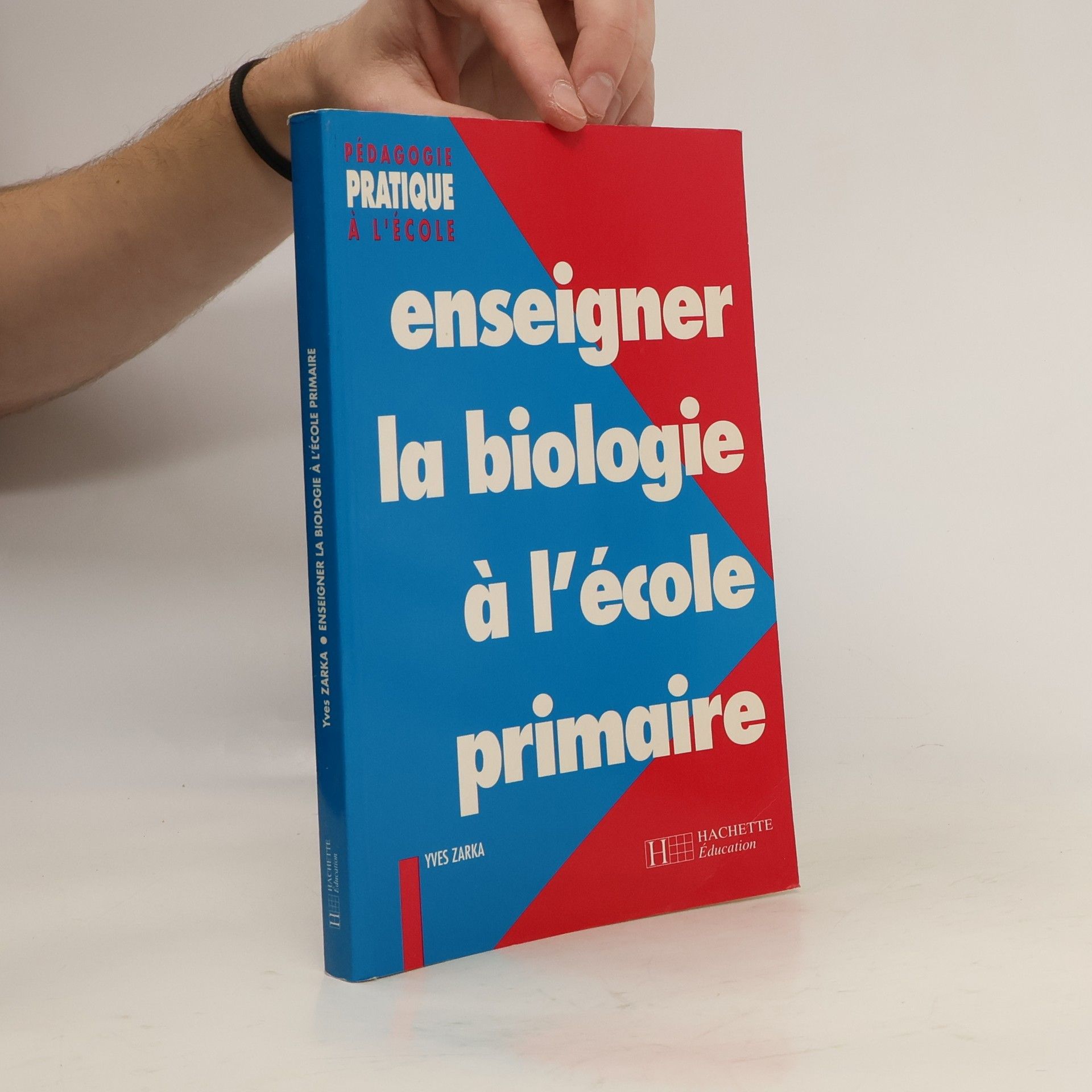Machiavelliho Vladař. Nové umění politiky
- 175 pages
- 7 hours of reading
Podrobnými, avšak přehledně podanými interpretacemi osmi vybraných kapitol Vladaře svazek umožňuje seznámení s Machiavelliho svébytným politickým myšlením i se současným stavem bádání. Rozbory se věnují ústředním motivům spisu, jako je moc, politická inovace, republikánství, sláva, role rádce, dějiny, fortuna a virtù.,. Autory textů jsou L. Gerbier, P. Larivaille, Ch. Lazzeri, R. Damien, M. Vatter a oba editoři svazku. Přeložil M. Pokorný.


